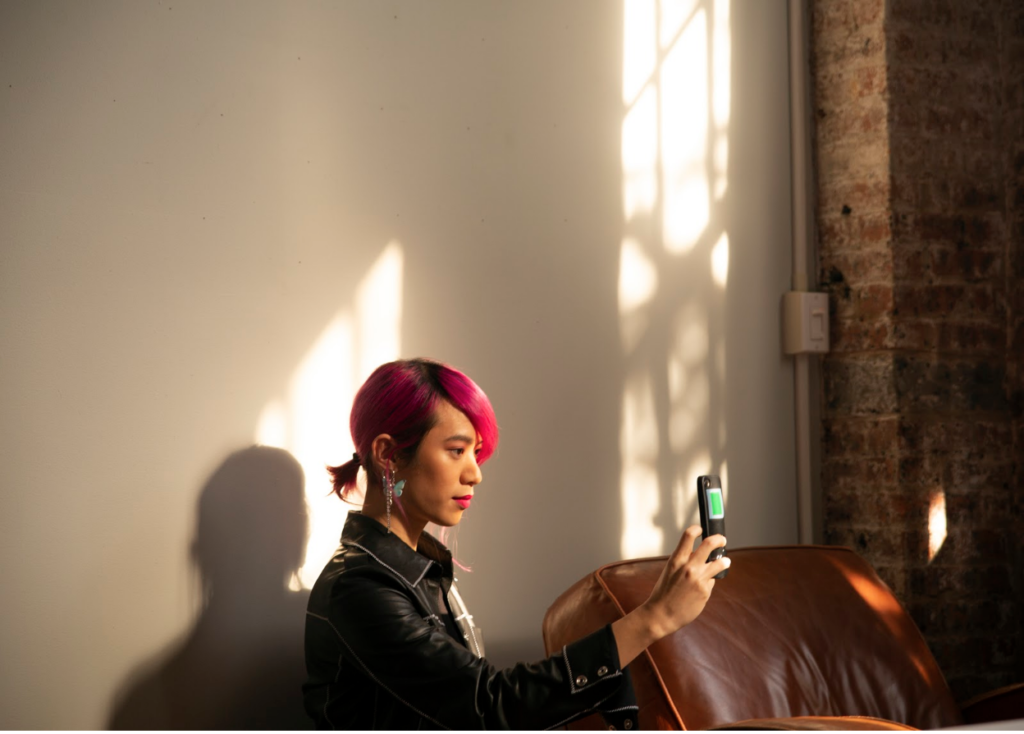

By ena ganguly
Let’s face it: we live in one of the most overworked countries in the world. Folks in America put in more hours than those who work in Japan, France and Britain. Data collected in the 1990s indicated that Americans worked longer hours, had less vacation time and later retirement, but now, we are working longer than any other country in the industrialized world. Folks may have multiple jobs and side hustles to subsidize their living expenses. This can be especially hard for qpoc communities who are trying to retain housing and meet basic needs in a fastly gentrifying city like Austin.
It’s an awful and ugly truth.
Plus, add in all the ways our labor is not counted by these data systems: our sexual labor, emotional labor, the household labor we take on, the caregiving labor we do, and so so so much more.
By definition, “Burnout is a state of emotional, mental, and physical exhaustion caused by excessive and prolonged stress. It occurs when you feel overwhelmed and unable to meet constant demands. As the stress continues, you begin to lose the interest or motivation that led you to take on a certain role in the first place.”
As we learn to avoid burning out, we must first acknowledge that it is often an inevitable outcome from working at one thing constantly, even tirelessly, for prolonged hours. Burn out can occur at your place of work, as you parent, as you take care of others, and even with daily mundane tasks that don’t create excitement to do, but needs to be done.
In this day and age, the reality is, we are running ourselves to the ground, and the systems in place only do further harm to our well being. Though we can do work towards advocating for better working conditions, striking and protesting while creating art and literature that captures our lived experiences, here are some ways for us to, simply, chill out.
- Silence
At the beginning of the day or closer to when you fall asleep, practice being silent. This is not only related to sound or voice, but also to internal silence. Practice being without thought, worry, a to-do or a need-to, just be present. You can do so while taking a shower, putting on your clothes for the day, as you prepare to get into bed, or any time that is most convenient for you. The best part about this is that you can do this anywhere and at any time, but you need to be aware of your needs enough to know that you need this.
- Hands-On Activities
When you find yourself too involved inside of your own head, try doing things that involves the body more than anything else. This can include drawing, cooking, playing with play-doh or sand, and anything else that interests you. I personally love to cook as it gets me to start moving and I get a (hopefully) delicious meal out of it at the end!
- Consistent Practice
Practice makes…a practice, and that’s what we all need. We need a consistent set of coping and/or self care practices that we can rely on when we get tired, because when we get to that point, we don’t want to come up with and create brand new unchartered methods of coping and taking care of ourselves — we want to rely on what is tried and true! Practice whatever it is that helps you heal and continue on consistently, even if that looks like 3 times a week or every other day. The fact that you know what you need and how to get it is gratifying enough, you don’t have to make yourself do it every day if you don’t need it that often. Plus, on busy days, you may not have the time, so either you can schedule in that rest ahead of time (like if there’s some free time during lunch or before waking the kids up in the morning) or build into your daily schedule (while you’re commuting, at the grocery store, before going to bed).
- Spiritual and/or Grounding Practices
As a spiritual person, I find solace in lighting incense and opening up windows to let the air circulate. That increases the good energy in the room and inside me. There is also peace and childhood nostalgia in sitting through that practice. However, you can practice all kinds of grounding exercises such as breathing and stretching exercises, taking naps or taking a walk. One does not to be spiritual to feel grounded.
- Time Off
Take. Time. Off. It doesn’t matter how you do it. This can look like getting a trusted neighbor, family or family friend to look after your children while you go out with friends or take a nap or just need some alone time.
If you can get paid time off, that’s amazing and I encourage you to take that as necessary. Don’t feel guilty for taking time off. Ultimately, your work productivity depends on your overall health. It is in your best interest to prioritize your rest and care over anything else.
How would you suggest folks avoid burnout? Share with us on Facebook, Twitter, and Instagram!


